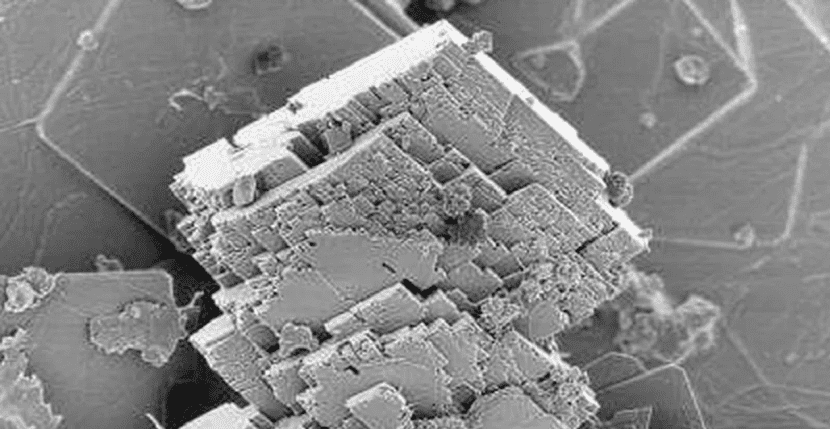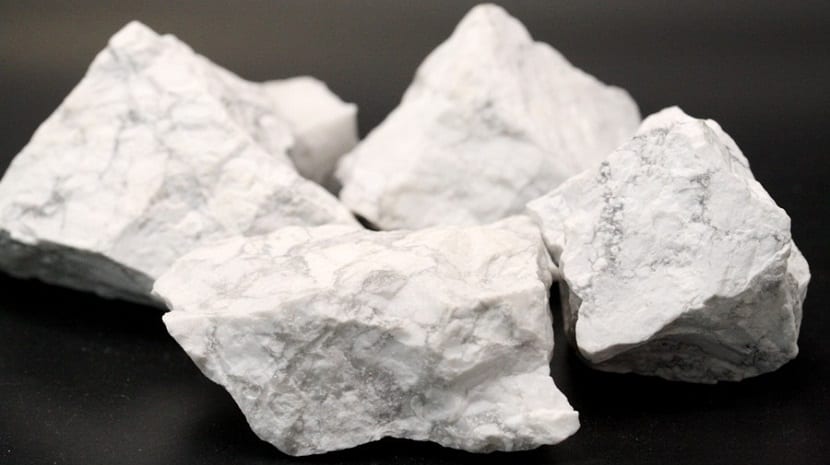
Today one of the great concerns that we can have as human beings who live on Earth is to try reduce as much as possible the amount of CO2 we emit into the atmosphere, something that in the long term is being shown to be catastrophic both for our own survival on the planet and for that of other living beings. This concern has risen considerably, especially thanks to certain measures taken by certain governments that literally ignore any type of agreement or treaty signed by their own country years prior to their mandate.
Far from trying that depending on which people can come to their senses or not and, above all, stop looking for their particular benefit in the short term and look a little at the legacy that they will leave to the generations that are yet to come, it seems that the most interesting now passes by discover the method or the way in which we can eliminate the CO2 that already accumulates in the atmosphere of our planet and, apparently, one of the ways that we have just discovered to achieve this is by using a mineral baptized with the name of magnesite.

Magnisite, a mineral capable of absorbing and storing carbon dioxide
For those who do not know magnesite, comment that we are facing a mineral that is far from new since it exists in nature. One of the characteristics that make this mineral one of the most interesting to combat global warming to understand its particularities and especially its properties, which can be very useful to carry out the work of eliminating the CO2 present in the Earth's atmosphere. Among the most outstanding properties that this mineral presents, for example, mention that is able to absolve and store carbon dioxide. The negative part of it is that, naturally, it takes thousands of years to form.
As a solution to the problem that we cannot wait thousands of years for enough material to be formed, today I want to present you a project carried out that is presented to us through an article published by a group of researchers where it is announced that, after years of development, have managed to find a way to artificially manufacture magnesite in the laboratory. The most interesting thing about this project is that, according to the team led by Professor Ian Power, the procedure discovered by his team can reach sintering magnesite massively and at a very low cost.

There is still much work to be done, although the expectations placed on this technology are very high
In order to prove that their studies are correct, in the preliminary tests carried out in the Trent University (Canada), has been used as a catalyst for small polystyrene spheres, which are not lost in the production of this material, which means that they can be reused in subsequent processes. The idea is to use this polystyrene to accelerate the formation of magnesium carbonate crystals at low temperature in the same way as nature does. The real difference in how nature and this team of researchers do it lies only in the time necessary to carry out the process, that is, for nature to create the amount of mineral that this team in only 72 hours, needs hundreds of years.
As announced by the researchers working on the development of this project, for now They are working on polishing the necessary methodology to create this mineral in a synthetic way Although they have already announced that their process has excellent prospects to become the basis of a filtering and absorption industry that frees us from the thousands of tons of CO2 that today are in the Earth's atmosphere and that are the cause of overheating. that we are living today.
Further information: Phys